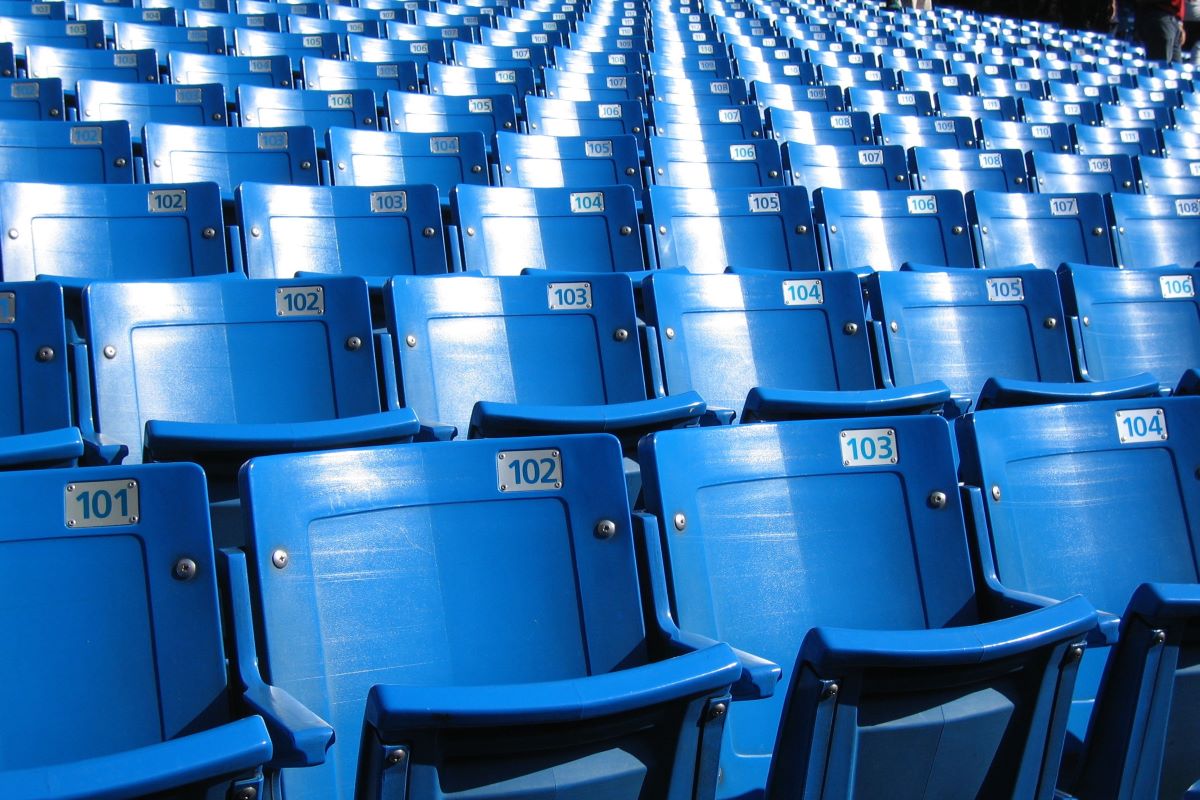
AGCO’s Doug Hood: Sports must take the lead on integrity
Regulators have big role to play but leagues and teams must step up
How can the sports and sports betting industries ensure the integrity of competition? It’s a question with no simple answer and one at the forefront of the conversation in recent months.
In the wake of cases such as Toronto Raptors player Jontay Porter‘s lifetime ban from the NBA for betting policy violations, navigating the waters of wagering within sport is a hot-button topic. But it’s more than just a buzzphrase. It’s an omnipresent concern for the industries and something that everyone has to work together to get right.
That was the topic of a recent conversation between Insider Sport and Doug Hood, project director of gaming modernization at the Alcohol and Gaming Commission of Ontario (AGCO). Hood shed light on the difficulties of protecting sporting integrity and why it can’t be something left purely to one party. The burden of protecting the integrity of sports must be shared between regulators, operators, and sports administrators.
While the AGCO is “specifically and strongly committed” to protecting sports betting integrity as a core foundation of its operations, said Hood, this is not a one-party issue.
“Sports betting integrity involves a complex ecosystem and our role within it is nuanced,” Hood told Insider Sport. “The crucial word for us is ‘betting’ as we have oversight of the betting markets but do not regulate sport – and nobody wants us to.
“While we directly regulate the gaming operators and service providers in Ontario’s regulated sports betting market, the betting integrity component is a space where we have to work collaboratively given that sports are being bet on around the globe and we only have one piece of the puzzle.”
A question of data and resources
The stark reality is that monitoring and enforcing sports and betting integrity is a complex issue, one which takes up a significant amount of bandwidth.
Entities such as the International Betting Integrity Association (IBIA) and IC360 (the merged entity of US Integrity and Odds On Compliance) are constantly conducting data-driven reviews in partnership with sports betting operators and other parties. Still, it’s a tall order.
Hood notes that last year, the IBIA issued just 180 alerts covering around 650,000 sporting events. That does not necessarily mean there were only 180 instances of suspicious betting activity. It is also a reflection of the difficulty of identifying potentially nefarious instances. The time and resources required are significant.
“Having the right technology and data analytics capacity in place is at the forefront of all sports betting integrity efforts because it is like finding a needle in a haystack,” said Hood. While technology is the critical tool, its impact cuts both ways. “Technology is the key to identifying those rare incidents so we can act on them. Moving forward, newer technologies like artificial intelligence will be used for more effectively spotting trouble, as well as for causing it, so we are going to have to both leverage and keep a close eye on them as a regulator.”
Incidentally, that number is tracking higher in 2024. The IBIA reported late last month that it issued 56 alerts in the first quarter of this year, putting 2024 on pace for 224 for the full year. That would represent a 24% increase.
Sport must take the lead
Major sports leagues such as MLB and the NBA prohibit any employees including players from betting on league games and many have robust athlete education programs centered around integrity and betting.
That hasn’t prevented cases like Porter’s and the instance of Shohei Ohtani‘s interpreter’s involvement with illegal sports betting in California. Those cases are very different, as Ohtani is not accused of betting on games himself, but they both illustrate the dangers at hand.
Above all, Hood’s message is that sports leagues, teams and administrators must take a leading role if integrity is to be protected.
“Sport needs to take the lead in protecting sport because, in the end, while the AGCO takes competition manipulation very seriously and will partner where we can, the gaming regulator’s mandate focuses on the betting markets,” he added. “Our direct role is the protection of the integrity of the betting markets and ensuring fairness to Ontario players. The protection of sport itself is the other side of that same coin so our interests are aligned in working together.
“Nobody should be putting their heads in the sand as corruption can impact any sport in any country in the world – whether they have legalized sports betting or not.”
Doug Hood will be speaking at the Canadian Gaming Summit between 18-20 June, 2024. Purchase your ticket HERE to gain access to all three days of the event and keep up to date with the latest news by subscribing to the bi-weekly Canadian Gaming Summit newsletter.